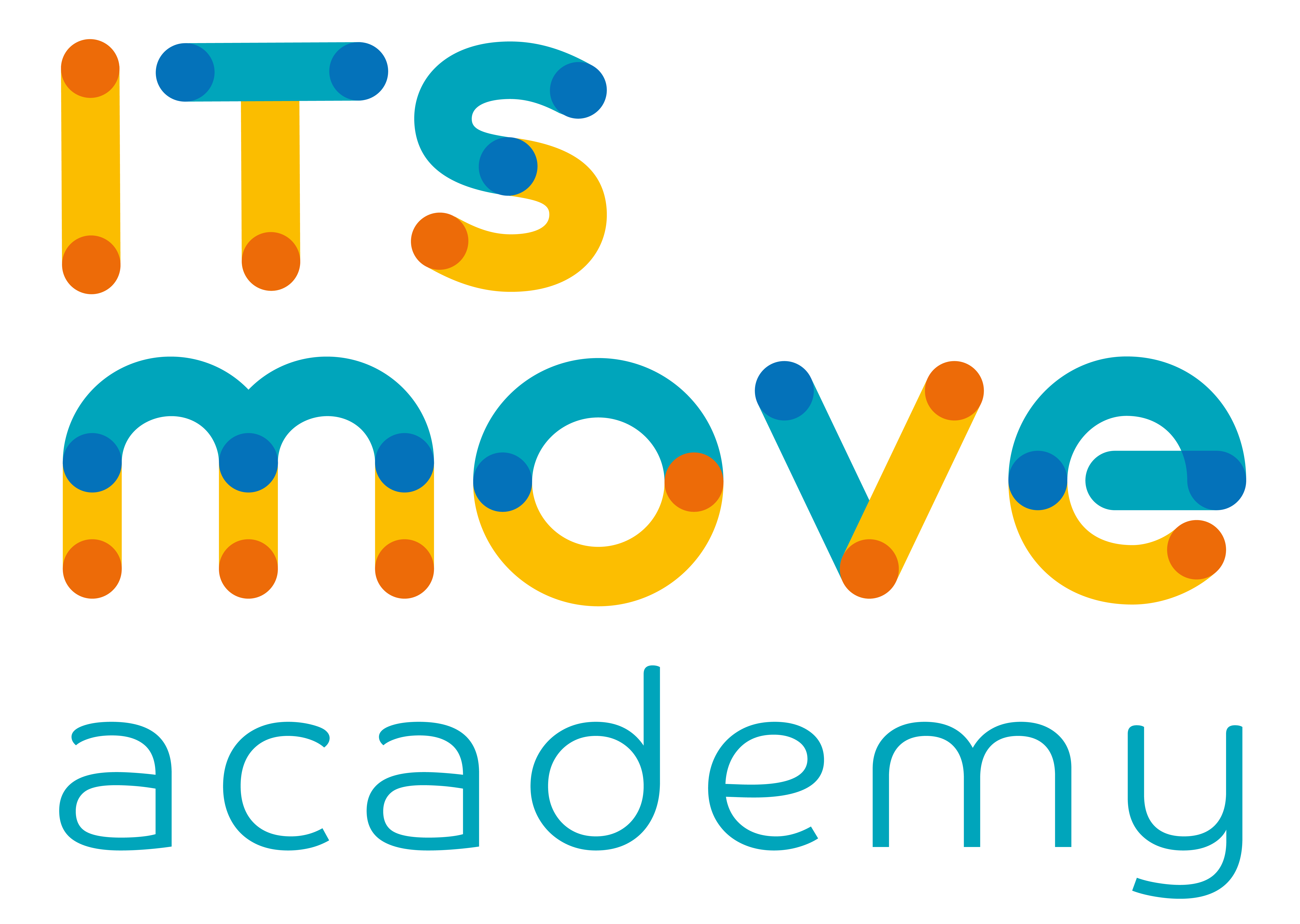Table of Contents
Every year, thousands of girls and boys throughout Italy, having reached their final year of high school, ask themselves the same question: what next? What to do after graduation?
Even before they reach the fateful baccalaureate exam, the completion of a years-long cycle of studies, students begin to consider the paths they might take once they have finished their studies. According to data from the MIUR, Ministry of Education and Merit, the number of students enrolled in Licei in 2023/2024 is approximately 57%, while the demand for Technical Institutes rises (30.9% compared to 30.7% in the previous school year). The three regions with the highest number of enrolments in Licei, Technical and Vocational Institutes respectively are: Lazio (69,7% for high schools), Veneto (38,8% for Technicians) and Emilia-Romagna (15,6% for Professionals).
With the increasing number of university and vocational courses on offer, the choice of which path to take for one's future is becoming increasingly complex. In this article we will try to help clarify ideas on what to do after graduation for those who are still undecided or want to explore new perspectives.
Academic and Training Pathways to choose what to do after graduation
Often, the choice of what to do after graduation is simplistically reduced to two options: start working or continue studying? However, after high school graduation, students have the opportunity to weigh up numerous options to make their decision, some more familiar and others less so.
One of these is the continuation of studies at an academic level by enrolling in a university course. In Italy there are both public and private universities, or mixed system universities. If a student decides to embark on this type of path, he or she must find out about the how to register and whether or not a entry test.
To the question 'what to do after graduation', university is not the only answer, although it often appears to be the main one. An experience abroad, a master's degree without a degree, a gap year, starting work or taking a sabbatical are just some of the many possibilities that open up after graduation.
A reality that is gaining more and more importance are the vocational courses promoted by the Higher Technical Institutes (ITS). These courses represent a relevant opportunity for those interested in acquiring specialised skills that are immediately spendable in the world of work.
L'individual orientation on which the orientation of theITS Move Academy allows future students to choose the path that best suits them and to easily enter the world of work.
When deciding what to do after graduation, it is often helpful to be supported by tutor specialised and participate in the open daydays dedicated to getting to know the institutes and their courses organised by both universities and ITS.
Job placement, exploration of passions and interests
When deciding what to do after graduation, it is important to assess the employment outlet that the path one decides to take can offer.
For every girl and boy it is important getting to know each other and understand what their interests or which passions you want to deepen your understanding of what to choose. Know your aptitudes is the starting point to begin plotting the path of one's future. La personal fulfilment is fundamental in order to be able to cope in the best possible way. If we have a clear focus on our goal, we will be able to face even the most difficult moments.
Whichever path one decides to take after graduation, whether choosing a three-year degree, an ITS course, starting work, leaving for an experience abroad or taking a sabbatical year to choose, it is crucial to try to get to know oneself and explore one's passions in order to find the right answer to the fateful question 'what to do after graduation?

Author of the article
ITS MOVE - Editor



